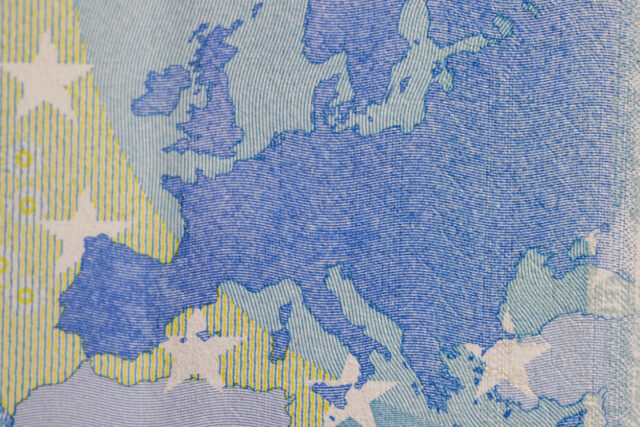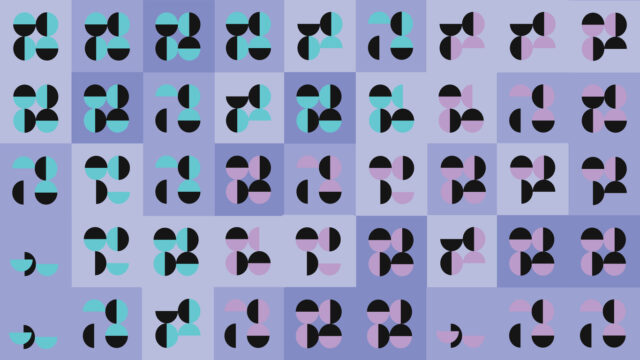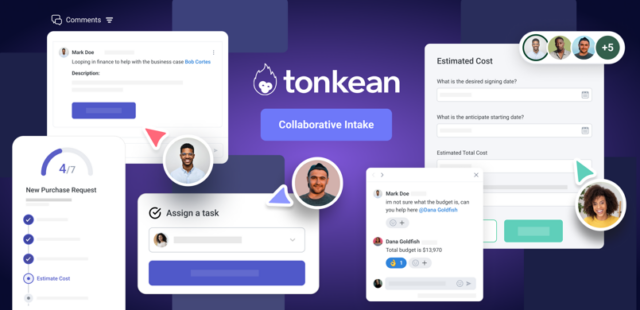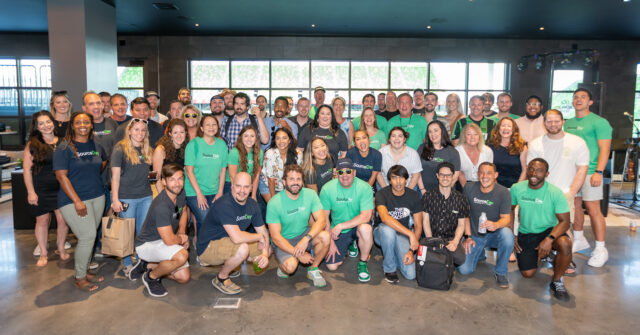Keelvar’s mission is simple – to help procurement teams globally to scale sourcing excellence.
Keelvar is powered by unique artificial intelligence, designed by category experts, to deliver significant savings and operational improvements for global enterprises such as the likes of Siemens, Coca-Cola, Samsung, Novartis and more. The company was founded in Europe’s largest AI research lab by a team of computer scientists and engineers specialising in AI, optimisation and game theory applied to strategic sourcing. Keelvar has raised $42 million to date in funding to accelerate product development and global growth.
The company is led by Alan Holland who has served as CEO since the company’s foundation in September 2012. Indeed, in his first year, he led the organisation to win the Cork Company of the Year in the small company category, and the firm has more recently been awarded a Gartner Cool vendor.
Having previously served as a lecturer in artificial intelligence in University College Cork’s Computer Science Department, Holland specialised in Optimisation, Game Theory and Algorithmic Mechanism Design. Such experience has helped give Keelvar an edge in terms of innovating with offerings that exceed competitors’ technical capabilities. This enables Keelvar to define an entirely new category of the solution, putting Keelvar in an ideal position to lead this new category that Keelvar has called autonomous sourcing.

Evolution at scale
Procurement is in a state of flux. The industry is experiencing unprecedented amounts of innovation and change in a way which has ripped up the playbook of what went before it. However, Holland believes it is only in the past half decade or so where transformation has really started to take place. “If we look at the last 10 years, the first five of those procurement was very slow to change,” he discusses. “What we saw were technology landscapes dominated by a small number of large suites vendors who had acquired many companies, but most enterprises were satisfied in buying all the modules they would need to run their procurement function from one vendor. Rarely was it the case that the various modules did what their customers needed. Some of them might have worked in some ways, but others just didn’t serve the need at all.
“In the second five years of our being, things started to change. We did start to notice an increasing acceptance that best-of-breed was the way forward and that enterprises needed to accept that if they were to get the buy-in from their stakeholders, then they needed to work with a combination of best-of-breed vendors and piece together their specific technologies landscape rather than just buying it in bulk from one. I would say it was gradual at first and then suddenly, but it’s only been suddenly in the last couple of years. The pandemic likely accelerated some of that change.”
Trust first
Holland explains that in recent years, large multinationals are placing an increasingly important level of trust in smaller, best-of-breed vendors such as Keelvar to allow them to run their sourcing events and meet niche demands. He believes that in the past it simply wouldn’t have happened and strives to prove that faith right. “I suppose that’s a process where enterprises are gradually increasing their trust in what are smaller vendors, but these smaller vendors are becoming bigger because we’re serving hundreds of large enterprises,” he explains. “We’re gaining in strength and momentum and the barriers to adopting best-of-breed at scale are lowering and the market willingness to jump those barriers is increasing. That momentum is just gathering more and more force.”

Using tech as an enabler for talent
Procurement’s talent shortage and the ways to bridge has been a hot topic for years. Whoever you speak to within the industry, everyone will have a different viewpoint. Some say procurement needs a rebrand, others say it’s a lack of education while others think technology could hold the key. For Holland, he believes it’s about making tech work and freeing up people in procurement’s time to focus on more value-add work that will help solve strategic goals.
“What is attracting graduates to procurement now is working with intelligent systems that are powered by AI and that allow them to be strategic and not working on routine or tactical tasks because machines are taking over the data-intensive areas of processing these workflows,” he tells us. “Our second product, which we launched about three years ago is autonomous sourcing. These are sourcing bots that are intelligent software agents that you can now design, build, and operate your own sourcing bots. If you’re somebody who understands best practices in sourcing, you can now build automated workflows so that instead of having to run sourcing events one by one and get through 15 or 20 a year, now you could design bots that are running hundreds of these events per annum.”

Procurement’s bright future
While not only opening up people’s day, using technology as an enabler to make life easier also acts as a way of encouraging the next generation into the industry. “What you’re doing is freeing up many other people’s time to spend on relationship management or innovation discovery and talking to the market, finding out what new suppliers you should be dealing with, visiting suppliers to check things are in order,” he says. “And that is the type of work that people enjoy doing. Machines are taking more of the data-intensive work off their tables, and machines are not good at work related to establishing trust. Machines have no empathy, but people do. The soft skills in procurement are becoming ever more important because the machines are taking over the harder skills. That is leading to a transformation in the type of work that procurement is doing.
“It’s also leading to a transformation in the interest levels that graduates emerging from universities have for this sphere. When it used to be that they were first introduced to a legacy system and told that this is what they needed to use to do their job. Young workers are coming with higher expectations about software and rightfully so, and enterprises are reacting to the need to satisfy the technology requirements of younger recruits now, which is a very good thing. It’s accelerating that digital transformation that we are seeing.”
The next step
Looking ahead, Holland is full of positivity for the future and believes decision-making in procurement is easier than it’s ever been. He believes tomorrow is “very bright” as procurement enters an era with intelligent software agents which can automate workflows and make the human workday more efficient. “There’s a whole new range of possibilities where creative and thoughtful planning will provide a competitive advantage for organisations and procurement can be far more influential in how successful their companies can be. It’s a game-changer.”











